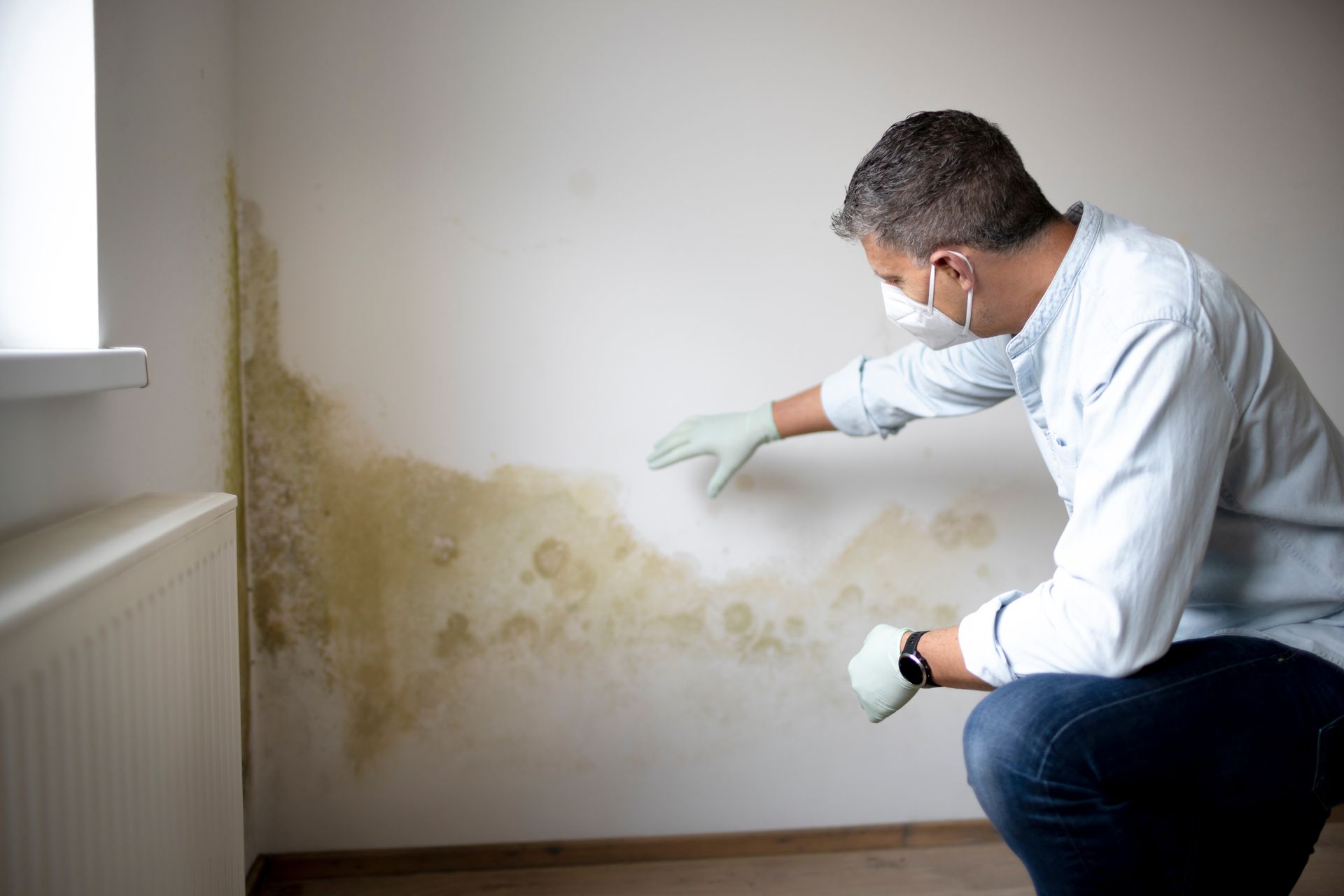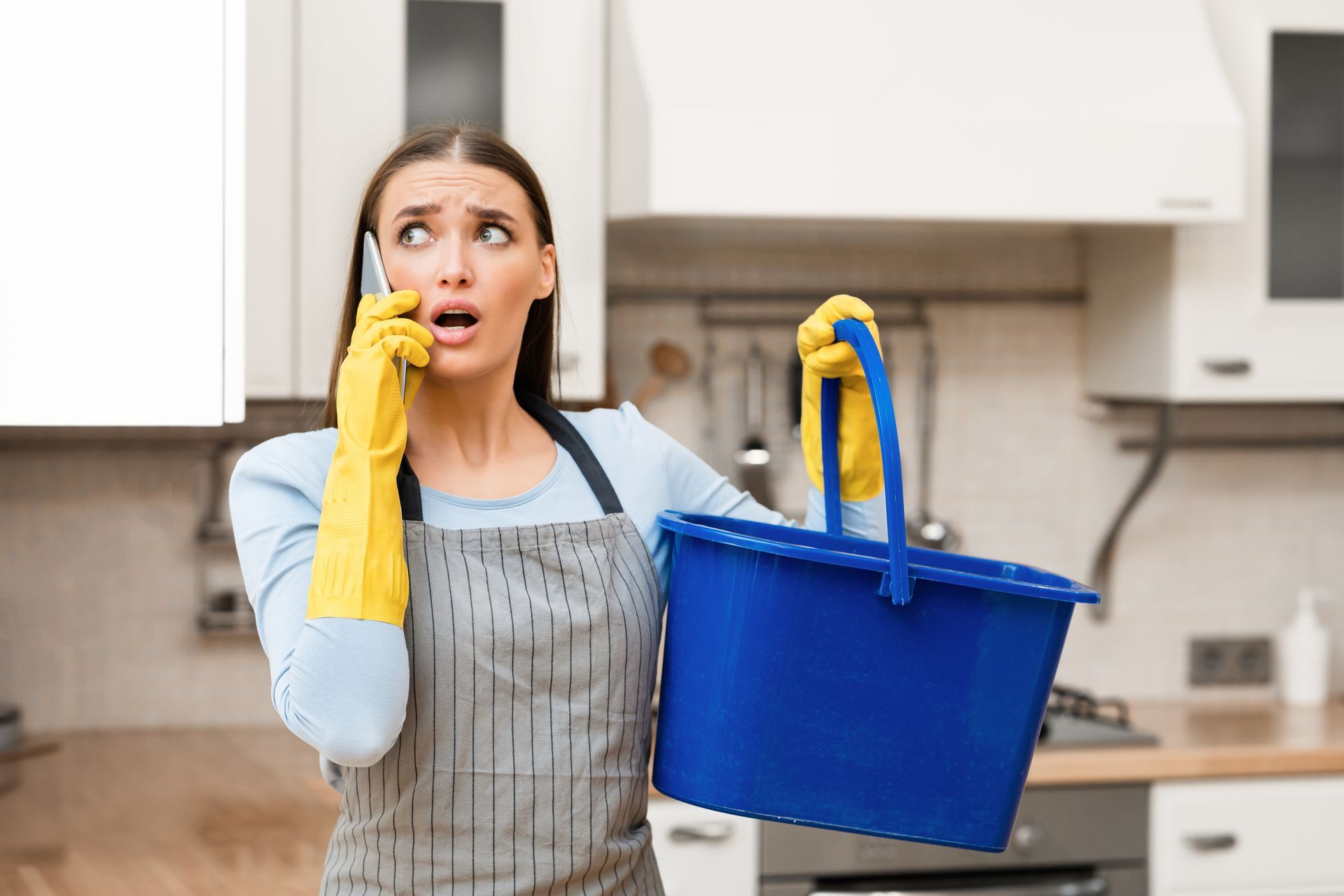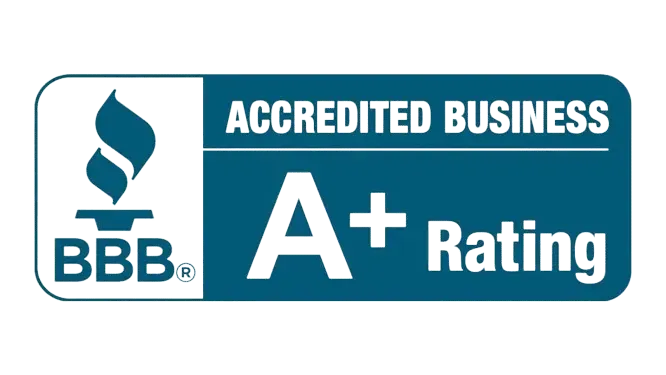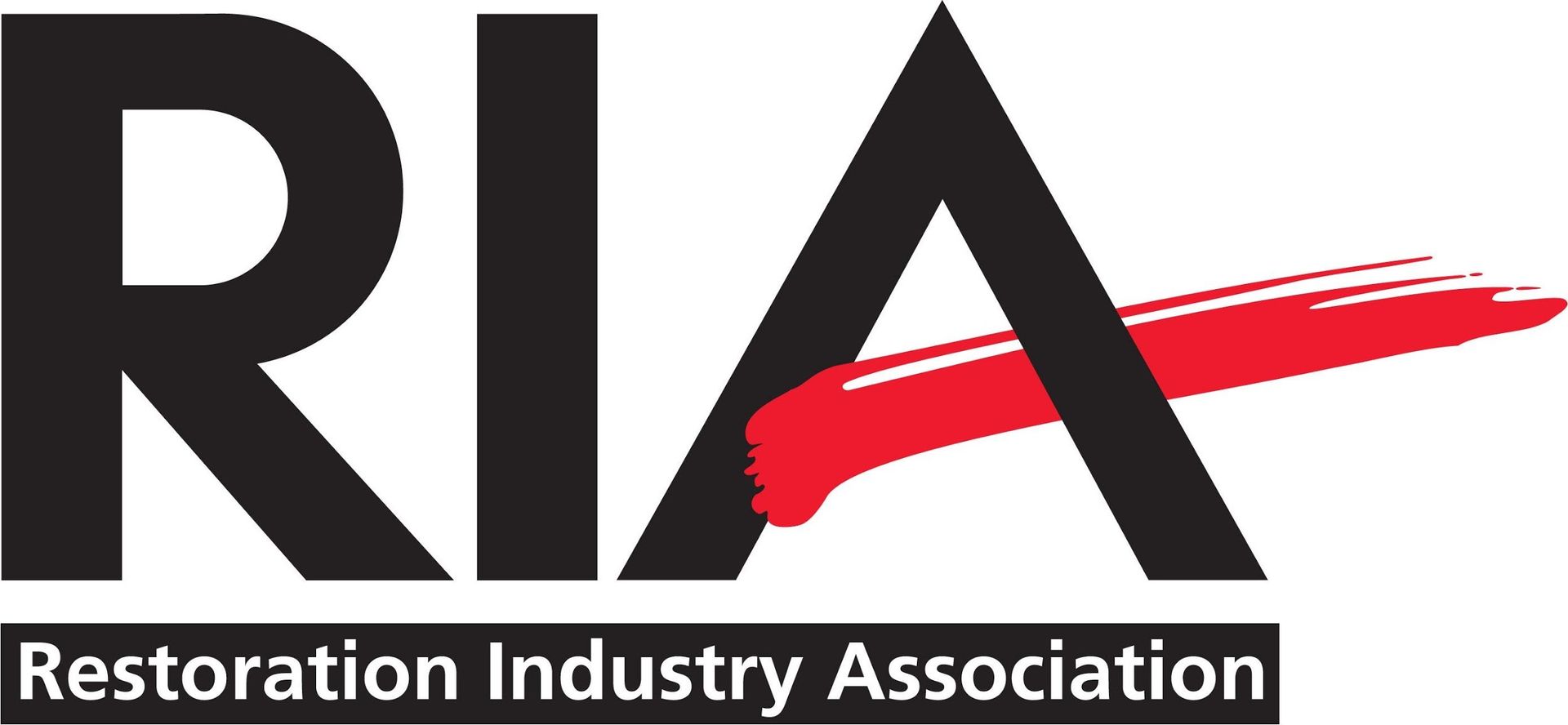Top Causes of Water Damage in Homes and How to Prevent Them
Water damage is one of the most common and costly issues homeowners face. Water can wreak havoc on your home from burst pipes to natural disasters, leading to extensive repairs and potential health risks. The good news is that many causes of water damage can be prevented with the right precautions. In this blog post, we’ll explore the top causes of water damage in homes and the steps you can take to prevent them.
1. Burst Pipes
Cause:
Burst pipes are a leading cause of water damage, often resulting from freezing temperatures, high water pressure, or old and corroded pipes.
Prevention:
- Insulate Pipes: In colder climates, insulate pipes in unheated areas like basements, attics, and garages to prevent freezing.
- Monitor Water Pressure: High water pressure can strain your pipes. Install a water pressure regulator to maintain a safe pressure level between 40 and 60 PSI.
- Regular Maintenance: Inspect your plumbing regularly for signs of wear, rust, or leaks. Replace old or damaged pipes to prevent potential bursts.
2. Leaky Roofs
Cause:
A leaky roof can allow water to seep into your home, damaging ceilings, walls, and insulation. Leaks often occur due to missing or damaged shingles, improper flashing, or clogged gutters.
Prevention:
- Regular Roof Inspections: Inspect your roof at least twice a year, especially after severe weather. Look for missing or damaged shingles, cracked flashing, and other potential issues.
- Clean Gutters: Keep your gutters and downspouts clean and debris-free to ensure proper water drainage. Clogged gutters can cause water to back up and seep under your roof.
- Prompt Repairs: Address any roof issues immediately to prevent leaks. Minor repairs now can save you from costly water damage later.
3. Faulty Appliances
Cause:
Household appliances like washing machines, dishwashers, and water heaters can develop leaks over time. Aging hoses, broken seals, and faulty connections are common culprits.
Prevention:
- Inspect Hoses and Seals: Regularly check the hoses and seals on your appliances for signs of wear, cracks, or leaks. Replace them as needed.
- Use Water Sensors: Install water sensors near appliances to detect leaks early. These sensors can alert you to potential issues before they cause significant damage.
- Follow Manufacturer Guidelines: Maintain your appliances according to the manufacturer’s recommendations, including regular servicing and timely parts replacement.
4. Clogged Drains
Cause:
Clogged drains can overflow sinks, toilets, and bathtubs, causing water to spill onto floors and seep into walls.
Prevention:
- Avoid Drain Blockages: Never pour grease, oil, or food scraps down the drain. Use drain screens to catch hair, soap scum, and other debris.
- Regular Drain Cleaning: Clean your drains with baking soda and vinegar to prevent clogs. Avoid using chemical drain cleaners, as they can damage pipes.
- Address Slow Drains: If you notice slow drainage, address it immediately before it becomes a complete blockage.
5. Foundation Cracks
Cause:
Cracks in your home’s foundation can allow water to seep into your basement or crawl space, leading to significant damage and potential mold growth.
Prevention:
- Seal Foundation Cracks: Inspect your foundation regularly for cracks or gaps. Use a high-quality sealant to fill any cracks and prevent water infiltration.
- Grade Your Yard: Ensure the ground around your home slopes away from the foundation. Proper grading helps direct water away from your home, reducing the risk of water pooling near the foundation.
- Install a Sump Pump: Consider installing a sump pump in your basement or crawl space to remove excess water and prevent flooding.
6. Poorly Maintained Gutters and Downspouts
Cause:
Clogged or improperly maintained gutters and downspouts can cause water to overflow, damaging your roof, siding, and foundation.
Prevention:
- Regular Cleaning: Clean your gutters and downspouts at least twice a year, especially in the fall and spring, to remove leaves, twigs, and other debris.
- Install Gutter Guards: Consider installing gutter guards to prevent debris from accumulating and clogging your gutters.
- Ensure Proper Drainage: Make sure downspouts direct water at least five feet away from your home’s foundation to prevent water from pooling near the base.
7. HVAC Issues
Cause:
HVAC systems, particularly air conditioning units, can cause water damage if they develop leaks or if condensation builds up and isn’t properly drained.
Prevention:
- Regular Maintenance: Schedule annual HVAC maintenance to check for leaks, clean the coils, and ensure proper drainage.
- Check Condensation Lines: Inspect the condensation lines regularly to ensure they aren’t clogged or leaking. Clear any blockages promptly.
- Install a Secondary Drain Pan: To catch potential leaks, consider installing a secondary drain pan under your air conditioning unit.
Conclusion
Water damage can be costly and stressful, but many of its common causes are preventable with regular maintenance and proactive measures. Protecting your home from burst pipes, leaky roofs, faulty appliances, and other potential issues can minimize the risk of water damage and keep your home safe and dry.
For professional water damage restoration services,
contact 75 And Sunny Remediation. Our experienced team is here to help you recover quickly and efficiently, ensuring your home is restored to its pre-damage condition. Don’t wait until it’s too late—take action today to prevent water damage and protect your home.






